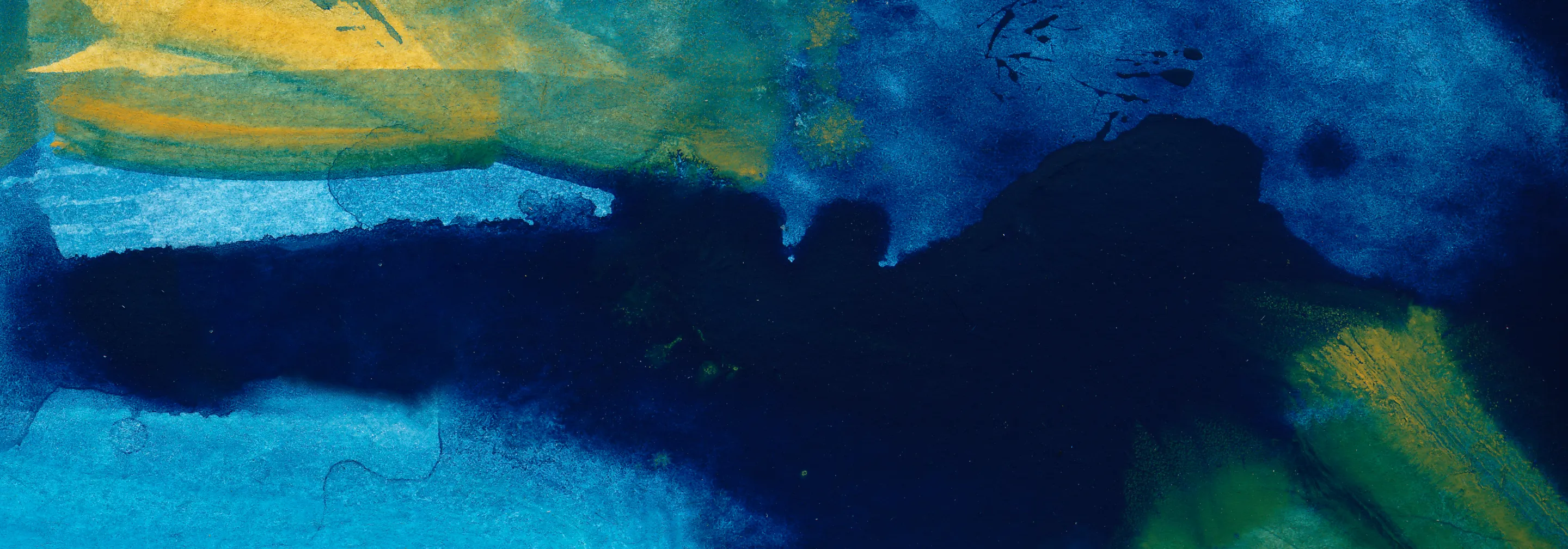
Supporting Your Families with Rare Epilepsy VIP Siblings
If your rare epilepsy community patient organisation is not an authorised distributor or your community does not have an officially formed patient organisation, please feel free to reach out to DEE-P (Developmental Epileptic Encephalopathy-Project) Connections. This organisation aims to break through the isolation to facilitate connections and share critical resources with rare epilepsy families facing similar challenges.

Developmental and Epileptic Encephalopathy Project (DEE-P Connections)
DEE-P Connections is a collaborative project of 27 rare epilepsy organisations devoted to providing information, support, and community to families with children affected by severe DEEs or other rare epilepsies. We provide live webinars and comprehensive archived resources on the wide range of medical, care, family, and research-related issues of central concern to DEE families.

Doose Syndrome Epilepsy Alliance (DSEA)
DSEA is a 501(c)(3) that exists to provide community and support for children and families living with myoclonic-atonic epilepsy. We work to spread awareness about Doose Syndrome and advocate for improved treatments.

Dravet Syndrome Foundation
The mission of Dravet Syndrome Foundation (DSF) is to aggressively raise funds for Dravet syndrome and related epilepsies; to support and fund research; increase awareness; and to provide support to affected individuals and families.

Dup15q Alliance
Dup15q Alliance provides family support and promotes awareness, research and targeted treatments for chromosome 15q11.2-13.1 duplication syndrome. Through our work we seek to find targeted treatments so that affected individuals can live full and productive lives. Together with our families, Dup15q Alliance is working towards a better tomorrow for those affected by Dup15q Syndrome.

International Foundation for CDKL5 Research
The International Foundation for CDKL5 Research (IFCR) works to find treatments and a cure for CDKL5 Deficiency Disorder. Our goal is to fund scientific research while helping affected individuals and their families to thrive. We have established eight CDKL5 Centers of Excellence at major health systems across the United States.

International SCN8A Alliance
The International SCN8A Alliance, recently founded by Wishes for Elliott and the Shay Emma Hammer Research Foundation, is dedicated to supporting collaborations to accelerate better treatments and improved outcomes for all those living with SCN8A epilepsy. We provide education and support for SCN8A families through regional family networks, variant groups, and a network for newly diagnosed families. We advance the scientific understanding of SCN8A through building partnerships through a Research Consortium, Clinician Network, and project to develop the first SCN8A Standard of Care.

LGS Foundation
The mission of the LGS Foundation is to improve the lives of those impacted by LGS through research, family support programs, and education.

PCDH19 Alliance
Our mission is to improve the lives of children and families affected by PCDH19 Epilepsy. The PCDH19 Alliance focuses on raising and directing funds to scientific research with the goal of finding better, more effective treatments and, ultimately, a cure. We’re also here to provide information and support to affected families, assist research efforts and ensure that no family suffers without a diagnosis & the best medical treatment.

SLC6A1 Connect
SLC6A1 Connect is a patient advocacy group dedicated to improving the lives of children and families affected by SLC6A1. Our focus is to raise awareness and funding to advance scientific research that will ultimately result in a cure.

TSC Alliance
The TSC Alliance is an internationally recognized nonprofit that does everything it takes to improve the lives of people with TSC. We drive research, improve quality care and access and advocate for all affected by the disease. The TSC community is our strongest ally. The collaboration of individuals and families, along with the partnership of other organisations, fuels our work to ensure people navigating TSC have support—and hope—every step of the way.